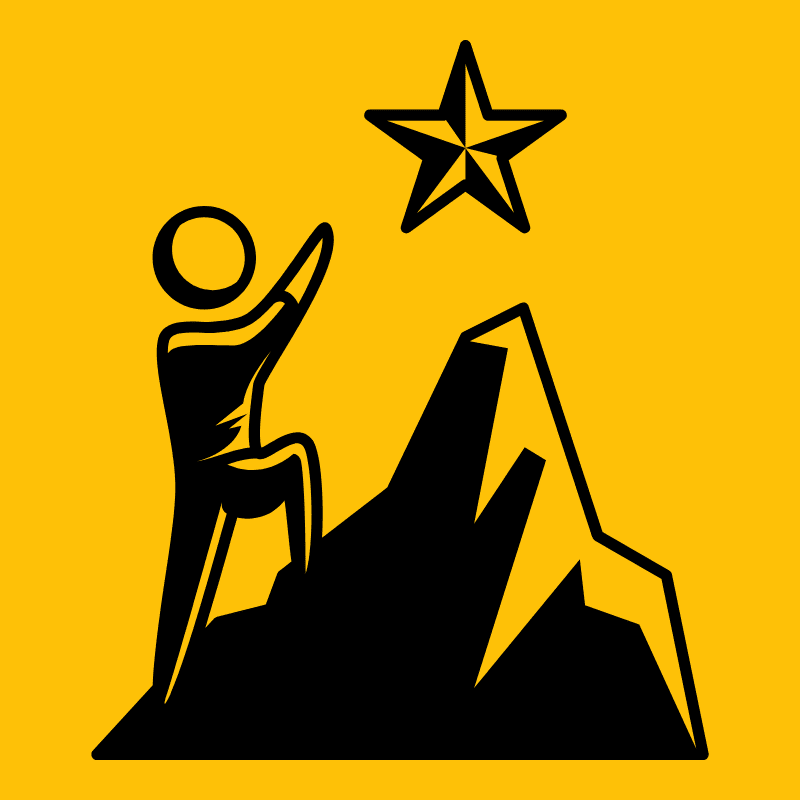Using CCM to find meaning and purpose
Why reflection matters for professionals

Avoiding the Drift
Without reflection, even accomplished professionals can lose sight of their core values and pursue paths that aren’t truly right for them. Reflection provides the “check-up” that prevents passive career drift. As one career guide notes, if you don’t intentionally reflect, “you’ll watch life pass you by” – in other words, you risk waking up years later in an unfulfilling role. Mid-career is often a natural inflection point; what excited you before may not energize you now, and that isn’t a sign of failure but of evolution. Pausing to reflect helps you recognize these shifts.

Gaining Clarity and Confidence

Finding Meaning and Purpose
Beyond promotions and paychecks, mid-career reflection asks the deeper questions: Does my work align with what matters to me? Reflection lets you honestly examine if your career aligns with your values and definition of success. As one coach explains, it allows you to ask, “Are you doing something meaningful or just going through the motions?”, and to realign work with your sense of purpose. This alignment is crucial for long-term fulfillment. Professionals who integrate reflection into their routine often transform their work from “just a job” into a calling by ensuring it resonates with their core purpose. In short, intentional reflection is how you “lead with clarity” in your career instead of operating on autopilot.

